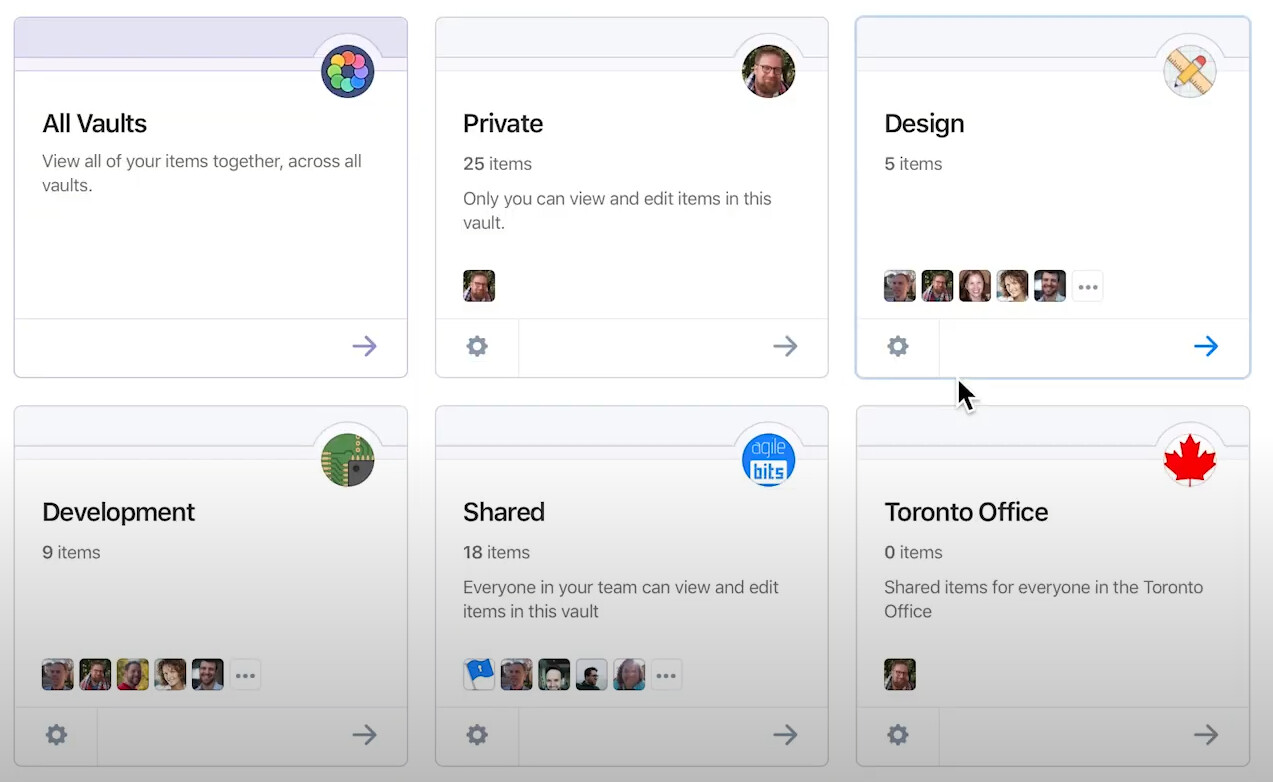
Overall, the new passwordless authentication support is a welcome change that should help to reduce hacking and phishing scams. It’s one of the reasons that password management services are moving towards passwordless authentication. Threat actors can leverage phishing methods or social engineering scams to steal user credentials and gain access to sensitive information.

This announcement comes as credential theft continues to rise.

Bitwarden’s passwordless authentication feature to block credentials theft A member of the FIDO Alliance, which is developing passwordless technologies and standards like passkeys, Bitwarden is committed to the future of passwordless and a safer internet for everyone,” Bitwarden explained. “Passwordless authentication will be adopted by individuals and businesses as the preferred method of logging into accounts. Users can choose to allow or deny the authentication request based on these parameters. The notification includes details such as fingerprint phrase, device type, login attempt time, and the IP address of the computer. The app prompts users that an email address is attempting to log in to their account. With this release, Bitwarden users can now use the mobile app to authenticate web vault sign-in requests. Bitwarden supports macOS, Windows, Android, and iOS, and it’s also available as a browser extension.


The tool encrypts data with salted hashing, AES-256 bit encryption, and PBKDF2 SHA-256. It enables users to store their bank card details, login credentials, and other files and folders in the web vault. The new feature allows users to log into their Bitwarden vaults with a one-time code, biometric authentication, or security key.īitwarden is an open-source password management solution for individuals, teams, and businesses. Bitwarden has recently announced passwordless authentication support for its web vault.


 0 kommentar(er)
0 kommentar(er)
